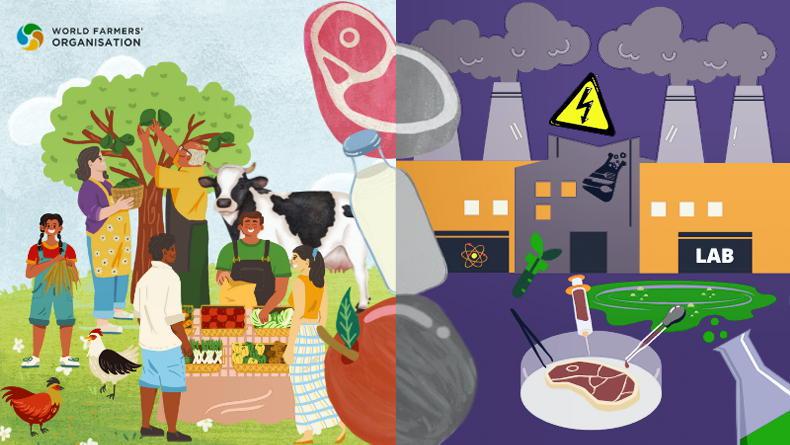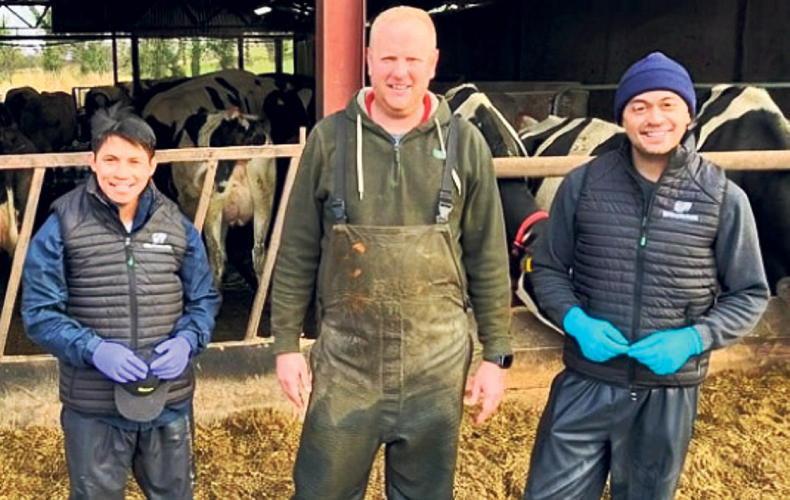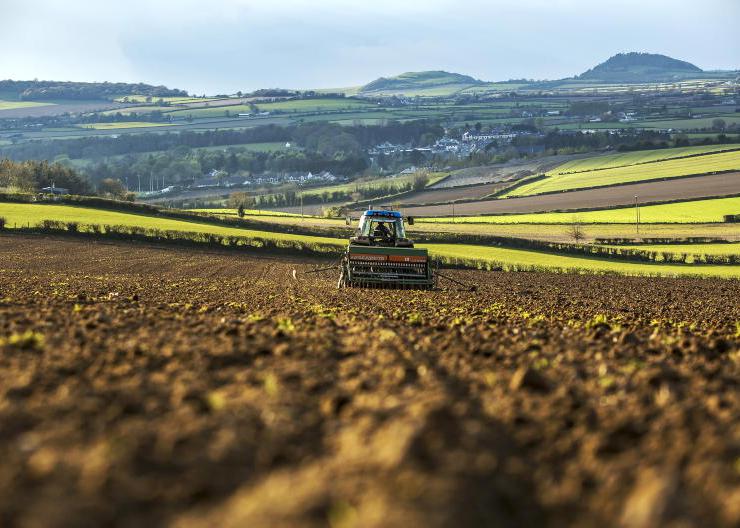It won’t have come as a major surprise that the World Farmers Organisation (WFO), which claims to represent 1.2 billion farmers around the world, came out strongly against lab-grown food this week.
It pointed out: “Lab-grown food, substances produced in laboratories for human consumption, are created using tissues or cells and are not naturally occurring on a large scale. They are supported by marketing campaigns that enhance the myth of greater sustainability compared to agriculture.”
Of course, these points are valid and there are plenty of additional arguments in favour of natural production in terms of countryside management and the social dimension of maintaining vibrant rural communities around the world.
March of technology
However, there is an ongoing march of technology and virtually all citizens in the developed world - and many in the developing world now - carry a smartphone with access to information and communications, capability that was unimaginable in the last century and even the first decade of this century.
Technology has the obvious capability of making lives better, but it also brings risks with it. We are becoming increasingly aware of the negatives associated with social media, and there is a wider debate about how technology is increasingly dominating our lives, to the point that there is concern it will restrict our ability to think.
In the wider space, there is also a debate about artificial intelligence (or AI). This is where lab-created food fits in.
Need for regulation
Neither farmers nor any other sector of society will stop the advance of knowledge, and indeed, farming has greatly benefited from technological advances.
The development of tractors, genetic improvements in crops and livestock, pesticides, medicines and fertilisers have all combined to enable agriculture to achieve levels of productivity unimaginable to previous generations.
The difficulty is that it is challenging to regulate something that hasn’t yet been successfully developed
With these developments, however, came regulation that became ever more demanding with the passage of time and knowledge gained on the usage of these tools.
Pesticide use is now tightly controlled, as is fertiliser use to protect waterways. Antimicrobial resistance now dictates the use of antibiotics to treat sick animals.
The difficulty is that it is challenging to regulate something that hasn’t yet been successfully developed. When it comes to lab-produced anything - never mind food - we and regulatory bodies, in particular, need to be mindful of the risks from unintended consequences.
That said, regulation is unlikely to be used to stifle innovation, but it is a necessary step to protect our society.
Challenges to alternative food production
No doubt, in time, technology is likely to develop to successfully create lab-based food on a commercial scale, but that is likely some way off. Indeed, before then, it is possible that research will find a way to tackle the emissions problem from livestock!
Plant-based alternatives to meat use well-established technology, but as a recent piece in the Irish Farmers Journal examined, these have been far from commercially successful despite the embrace of celebrities and a general favourable press.
Farmers should be ready for lab-based alternatives to agricultural products, even if they may be some way off.
That is best done by minimising the environmental consequences of natural production and effective marketing of what a naturally produced agricultural product really means compared with any lab-based alternative offering.









SHARING OPTIONS